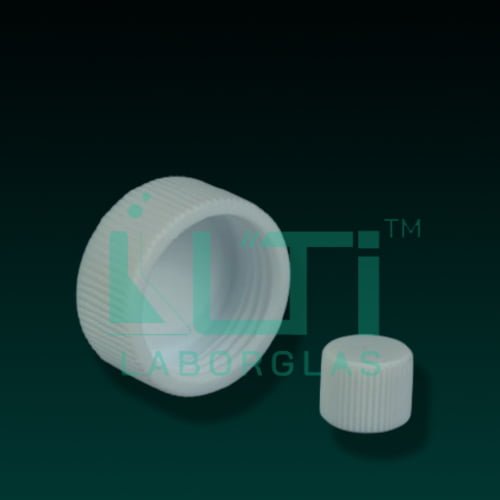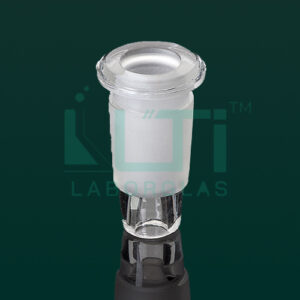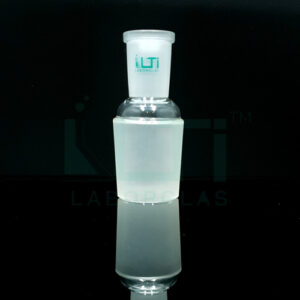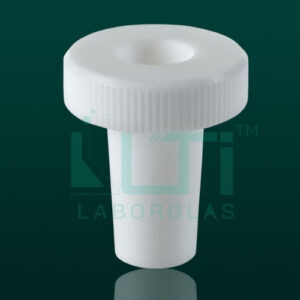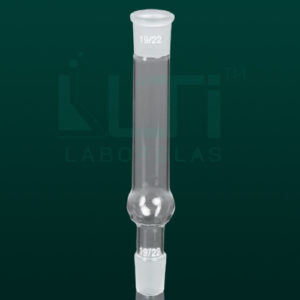- Made from PTFE (Teflon)
- Autoclavable
| PART No. | Colour | Thread Specification | PACK Qty. |
| 5020-45WHT | White | GL 45 | 10 |
Here are some common uses of screw cap reagent bottles:
- Chemical Storage:
- Reagent bottles with screw caps are widely used for the storage of chemicals in laboratories. The screw cap ensures a tight seal, preventing the escape of volatile substances and protecting the contents from external contaminants.
- Reagent Dispensing:
- These bottles are designed for easy and controlled dispensing of reagents. The screw cap can be securely closed between uses, and when needed, it can be easily opened for precise pouring or dispensing of the reagent.
- Sample Storage:
- In research and analytical laboratories, reagent bottles with screw caps are often used for storing liquid samples. The tight seal provided by the screw cap helps maintain the integrity of the samples.
- Organic and Inorganic Reagents:
- Screw cap reagent bottles are suitable for storing both organic and inorganic reagents. The choice of materials for the bottle and cap is often made to ensure compatibility with the specific reagents being stored.
- Solvent Storage:
- These bottles are commonly employed for the storage of solvents used in laboratory experiments. The secure screw cap helps prevent solvent evaporation and maintains the purity of the solvent.
- Chemical Transport:
- Screw cap reagent bottles are often used for transporting small quantities of chemicals within the laboratory. The secure closure minimizes the risk of spills during transportation.
- Labeling and Identification:
- The bottles are typically designed for easy labeling, allowing researchers to identify the contents and other relevant information. This is crucial for maintaining proper records and ensuring the safety of laboratory personnel.
- Versatility:
- Screw cap reagent bottles come in various sizes and materials to accommodate different reagents and quantities. They are versatile and can be used in various laboratory applications.

